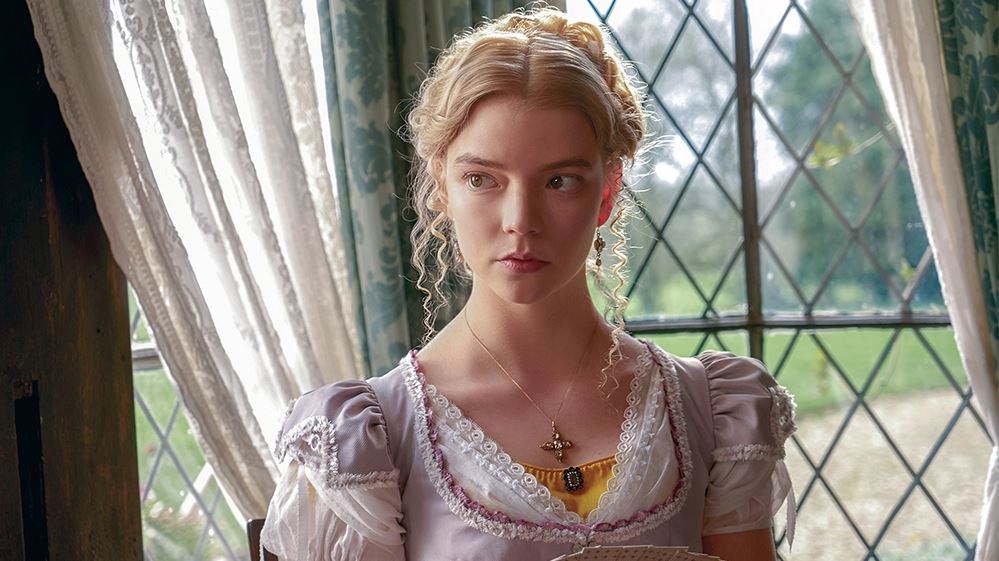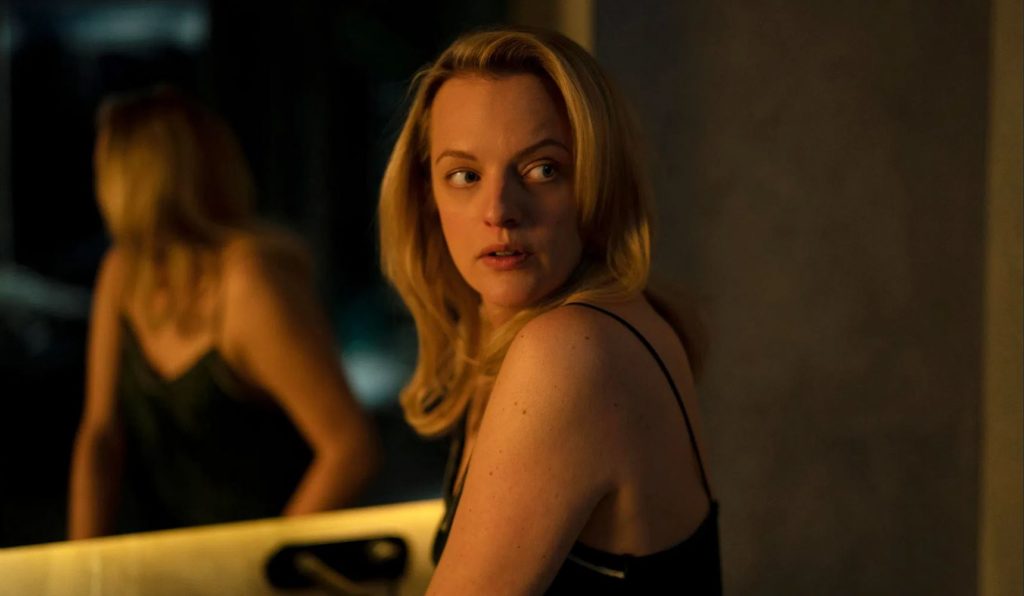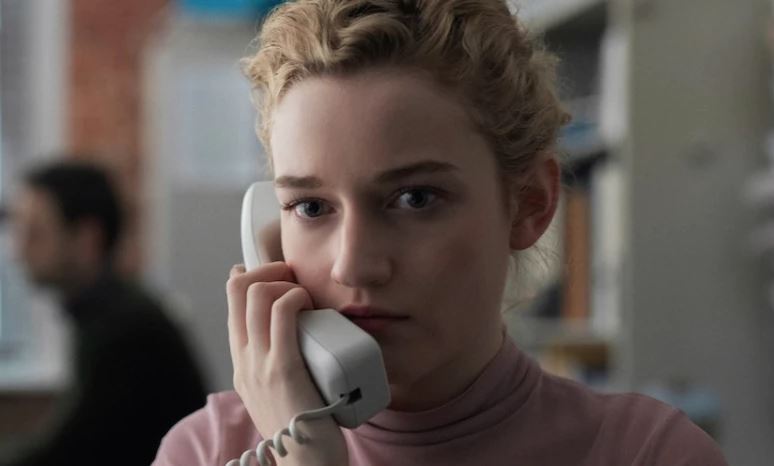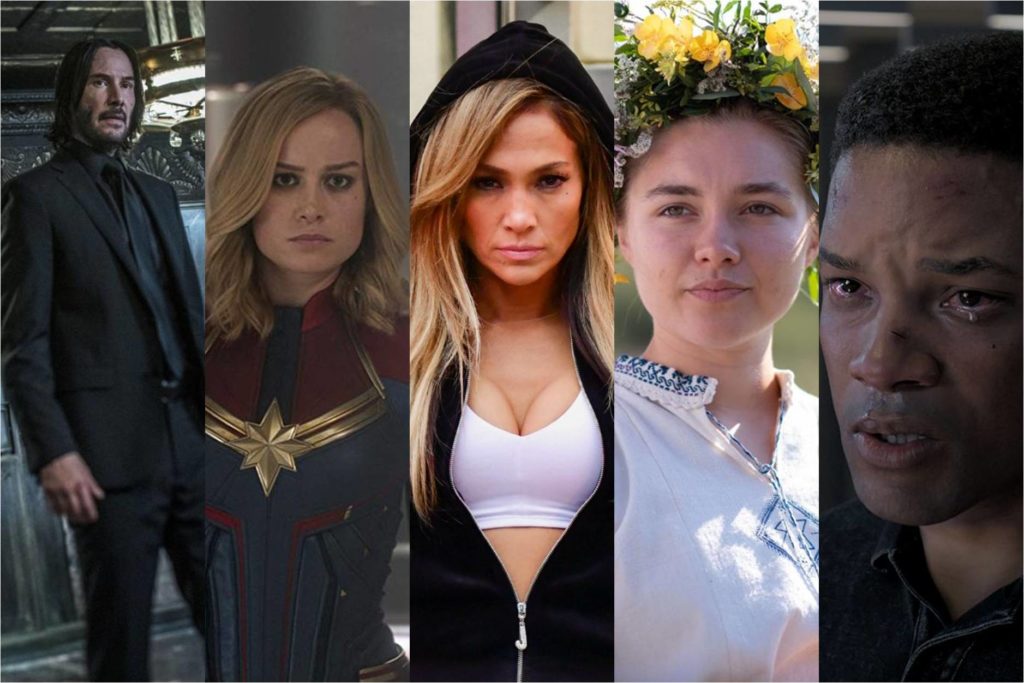Emma: Matchmaker, Matchmaker, Show Me a Catch

Jane Austen’s Emma is a comedy of manners, which of course means that nobody in it is actually polite. It may unfurl in high society—the kind where estates have proper names, like Donwell Abbey and Hartfield —but its veneer of decorum is a mere smokescreen, camouflaging base instincts of lust, greed, and jealousy. Its language is unfailingly civil, with a premium placed on honorifics—Mr. Elton! Miss Smith!—but its characters wield words like weapons, brandished with lethal force and sheathed with calculated fury. It’s a frolicsome tale of romance and friendship; it is also blood sport.
This duality can be bracing, but for most viewers it is no longer surprising, given how frequently Austen’s novels have been transmuted to the screen. Her works provide a certain comfort, a warm and familiar blend of sophisticated wordplay, comic misunderstandings, and graceful resolution. This new adaptation of Emma, which has been directed by Autumn de Wilde from a screenplay by Eleanor Catton, respects its author deeply and faithfully. Unlike Clueless, which boldly transplanted Austen’s narrative and themes to the frivolous exploits of mid-’90s teenagers, this Emma is frank and straightforward. You might think that such a rigorous approach would result in the diminution of risk, in an absence of artistic identity or imagination. To be sure, the movie is predictable. It is also magical. Read More




